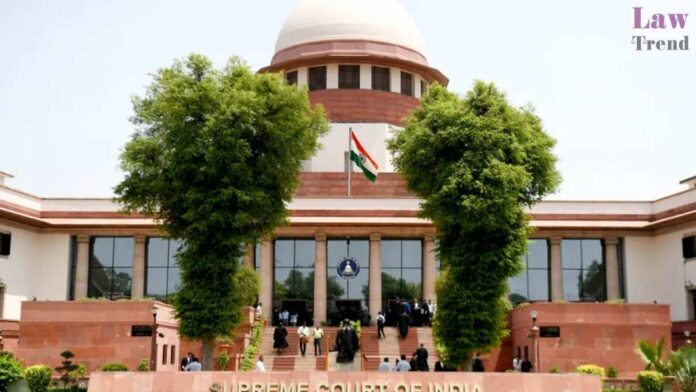The Supreme Court of India has examined the scope and limitations of a criminal court’s power to alter or review its own final judgment under Section 362 of the Code of Criminal Procedure (CrPC). In a case stemming from a long-standing dispute involving allegations of perjury, a bench comprising CJI B. R. Gavai and Justice
To Read More Please Subscribe to VIP Membership for Unlimited Access to All the Articles, Download Available Copies of Judgments/Order, Acess to Central/State Bare Acts, Advertisement Free Content, Access to More than 4000 Legal Drafts( Readymade Editable Formats of Suits, Petitions, Writs, Legal Notices, Divorce Petitions, 138 Notices, Bail Applications etc.) in Hindi and English.




